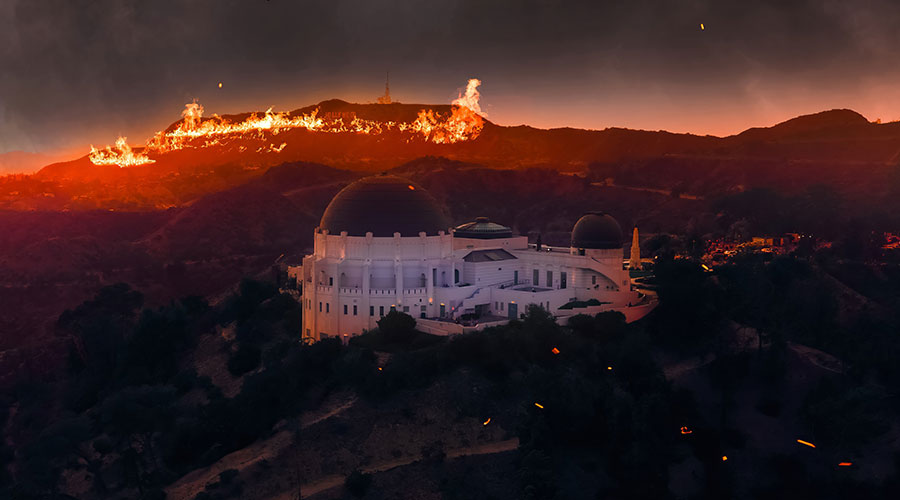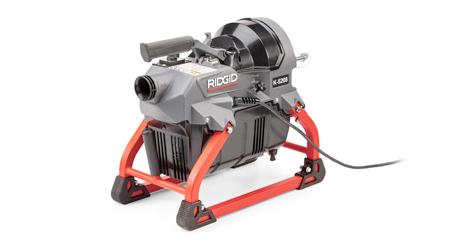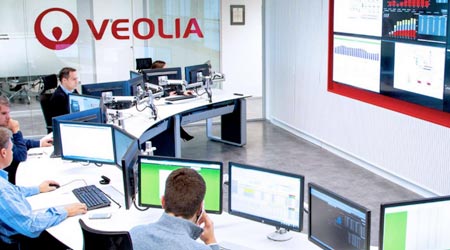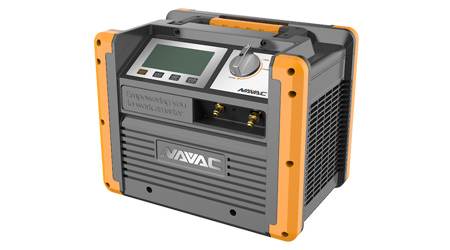« Back to Facilities Management News Home
« Lighting
Emergency Lighting Controls Enhance Safety
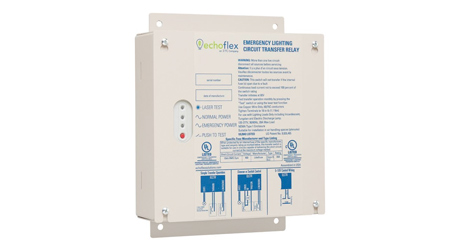
Echoflex Solutions continues to expand their control offerings with the Emergency Lighting Circuit Transfer Relay and the Echoflex Demand Response Interface. The Emergency Lighting Circuit Transfer Relay (ELCTR) gives users full transfer switch functionality and safety at a fraction of the cost of a larger panel. The Echoflex Demand Response Interface (ERDRI) is a dedicated contact closure interface that ensures your system can respond to Demand Response requests from the power utility, making it easy to integrate energy management into any Echoflex lighting system.
Emergency Lighting Circuit Transfer Relay
The National Electric Code clearly defines requirements for devices that can be used for emergency transfer of branch circuits. Most existing products do not meet these fault-current rating and endurance requirements. The new Echoflex Solutions Emergency Lighting Circuit Transfer Relay does. The Emergency Lighting Circuit Transfer Relay (ELCTR) is a branch circuit emergency lighting transfer switch designed to transfer a single lighting circuit up to 20A from one power source to another during a power failure or other emergency situation.
The Emergency Lighting Circuit Transfer Relay is UL 1008 Listed for North American emergency lighting applications. The ELCTR’s rugged construction and fail-safe circuitry are essential where life safety is an issue. It also features a fire alarm input and a signal disconnect relay for emergency control bypass of 0-10V or DALI fixtures.
Echoflex Demand Response Interface
Demand Response commands from public utilities are written into many of today’s energy codes, like California’s Title 24 and ASHRAE 90.1. The new ERDRI from Echoflex allows systems to comply with these requirements. Echoflex’s Demand Response Interface sends a Demand Response command to your lighting system when the input is closed and a Demand Response cancel when the input is open. An LED display indicates the current Demand Response threshold and input state.
More From 1/29/2019 on FacilitiesNet







